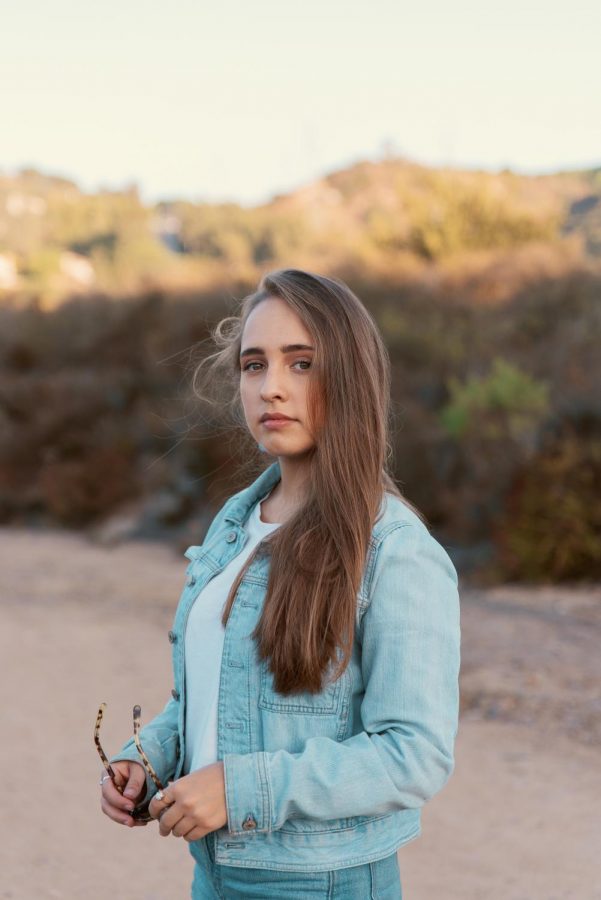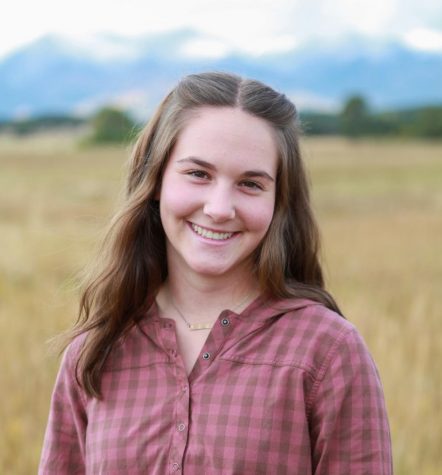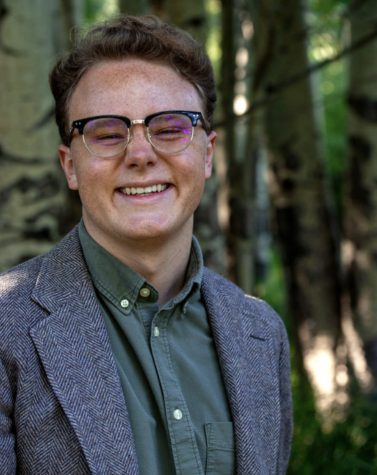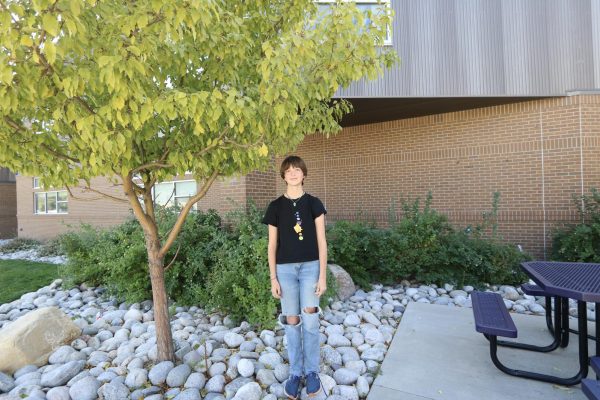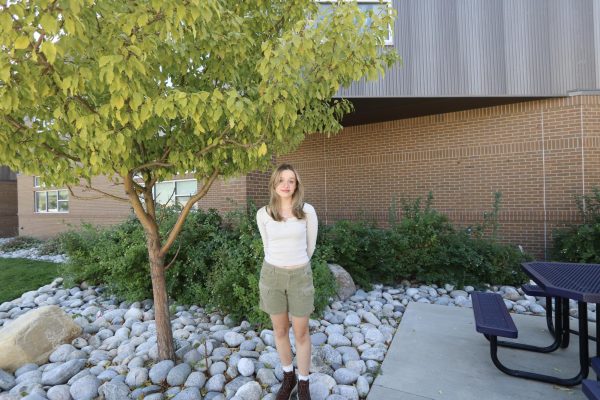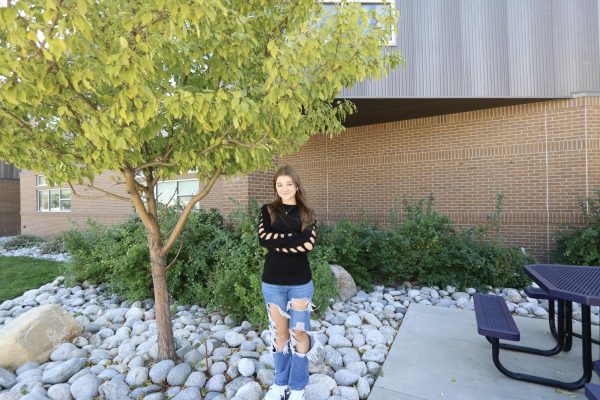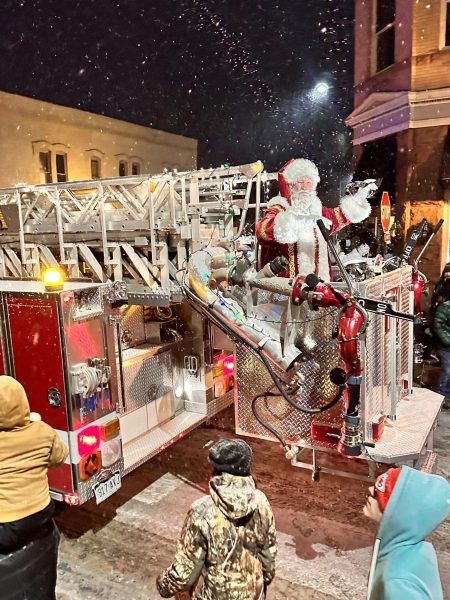Alumni Proposes Racial Equity Reforms to Board
Alumni Alex Maes (pictured above) created a school board proposal to promote education on racial equity and justice.
April 24, 2021
“We write to you today as former Salida students, concerned citizens, and voters of the R32J School District,” begins their proposal letter. “Recent events have made it clear to us that as a country we have serious injustice wreaking havoc in our daily lives disabling many to not pursue their happiness and live in liberty. In light of the injustice that was served to George Floyd in May, many of us have taken it upon ourselves to educate and interrupt our own prejudices, racism, and privileges, and while we have found this to be informative we ask ourselves how can we teach our children to be better humans and lead the next generation.”
Maes, who graduated in 2017 and now attends Berklee College of Music in Boston, Massachusetts, spearheaded the effort. The proposal, of which 14 alumni signed on to, outlines a number of policies, including a written value statement, equity training for staff, the creation of an equity team composed of staff, students, parents, and community members, reforming Advisory into a discussion-based class, and diversifying cultural education and literature in core classes.
“In my proposal I suggested that they implicate more discussion based material in advisory about issues that we have around the world and having discussions about it and debating and stuff like that. Leading constructive discussions not just yelling and criticizing each other’s opinions. I think that comes with a lot of education for the teachers and how to lead those discussions because that can be difficult,” said Maes. Later, she added, “Those AP classes are very exclusive with the amount of people that are in them, the type of people who would take those classes and I think there needs to be more diverse education and examples throughout all classes, not just AP classes. The AP classes get into African American literature and hispanic cultures if you take like AP Spanish. […] You don’t really get to see a lot of [different cultures] in the basic education requirements.”
Although many community members may have ideas, very few actually know what it takes to accomplish those changes. “What I did was I met with Robin Nejame and Kate Clark who are pretty involved with the community. They gave me some guidance about what I should say, how I should phrase things, the language I should use, and what would be most feasible for school board members to accomplish,” said Maes.
She proposed her ideas to the school board in September and has been regularly checking in with school officials since. “Basically I started it in the summer after George Floyd and kind of all of that happened realizing that there was a lot of education that I didn’t have in high school around just the black American experience and people of color, and their experience here in America. I realized that primary education, public education needs more of that in their system.”
Maes hopes the changes will soon go into effect, and that this proposal can play its part in educating younger generations. “I think a lot of people realized there was a lot we needed to do to change education and how we teach. I hope students can grow to become more equitable, make government more equitable, and make education more equitable. I think a lot of the discussion that people had after George Floyd was about how we need to educate ourselves better to not be racist and not have those mindsets.”

